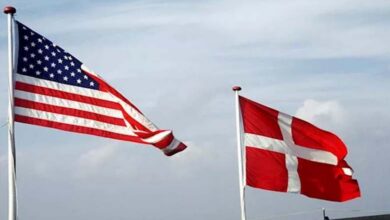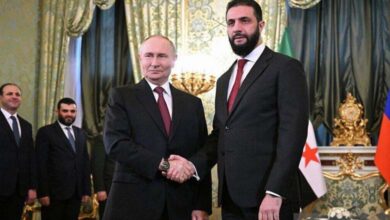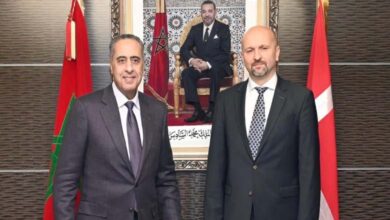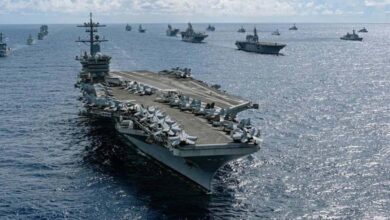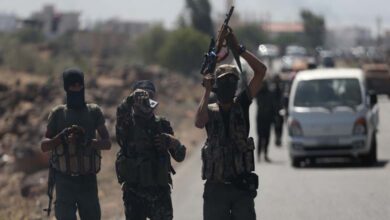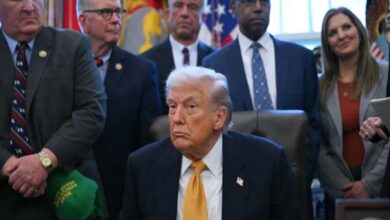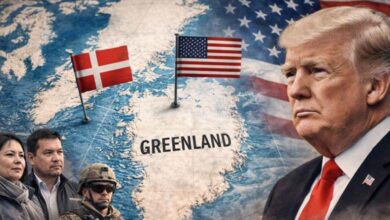Libya Faces Off Against Belgian Prince: Struggle Over $15 Billion Assets
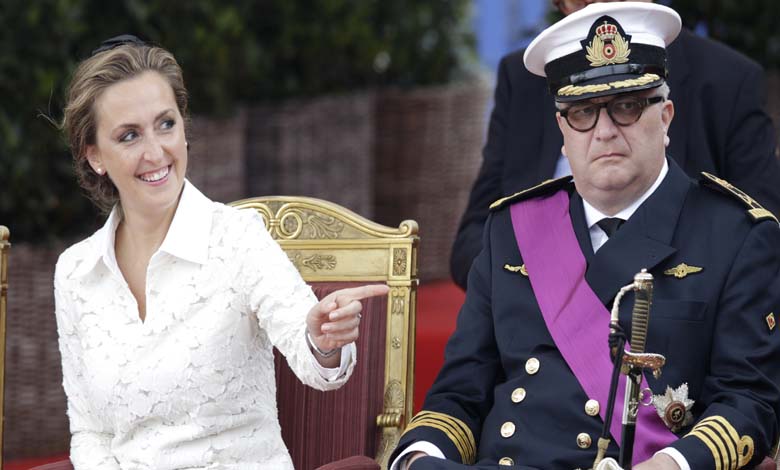
Amidst renewed international legal conflict, Libya stands on the brink of a decisive legal battle, seeking to reclaim its frozen assets abroad, valued in billions of euros. Libyan authorities are taking preemptive steps to challenge a Belgian ruling that could alter the course of economic events in the country.
Libyan Action
Libyan authorities have been moving steadily towards taking precautionary legal measures against a decision by the Belgian judiciary threatening to seize approximately €15 billion ($15.9 billion) of globally frozen Libyan assets, according to reports from the Emirati newspaper “The National News”. The Libyan Investment Corporation has already initiated proceedings through the International Centre for Settlement of Investment Disputes affiliated with the World Bank.
Prince Laurent
The legal dispute between Libya and Belgium dates back to 2008 when Prince Laurent, heir to the Belgian throne, signed a multimillion-euro contract with Libyan authorities to reforest desert regions in Libya. The project aimed to transform thousands of hectares of desert into green spaces but was left incomplete due to the turmoil in Libya in 2011, which led to the overthrow of Libyan leader Muammar Gaddafi.
With the collapse of the project, Prince Laurent demanded compensation of up to €50 million, surpassing the original amount he had claimed, which was €37 million ($39.3 million), plus interest. The Libyan Investment Corporation, Libya’s sovereign wealth fund, rejected these demands and filed a criminal lawsuit against Prince Laurent, accusing him of fraud and extortion related to his attempt to recover funds from the failed project.
A Belgian appeals court issued a judgment confirming the freezing of €15 billion of Libyan Investment Corporation assets at Euroclear bank in Brussels, a decision the Libyan Investment Corporation considers illegal and seeks to appeal. The Libyan corporation argues that it was not a party to the 2008 agreement and is prepared to resort to international arbitration to resolve the dispute.
$150 Billion and 144 Tons of Gold
In a significant development, the Libyan Investment Corporation announced last November that it had successfully lifted legal seizures on its assets in France, which had been in dispute with international entities and companies claiming alleged debts. Libya faces significant challenges in recovering its frozen assets, estimated at around $150 billion, along with 144 tons of gold, as previously reported by Reuters.
In a related context, Libya reached an agreement to recover a cargo plane detained in Malaysia as part of broader efforts to reclaim aircraft and vessels seized worldwide due to sanctions. The Libyan State Assets Recovery and Retrieved Assets Management Office, under the Government of National Unity, announced the successful negotiations to recover a C130 aircraft after the lifting of sanctions against it.
Warning Against Seizing Libyan Assets
Libyan calls are renewed for the necessity of lifting restrictions on frozen assets to enable the people to benefit from them, while the Government of National Unity warns against attempts by some countries to “seize” these funds.
In a statement to the Security Council, Taher al-Sunni, Libya’s representative to the United Nations, reiterated the warning to countries seeking to seize or confiscate Libyan funds and assets.
In a move reflecting Libyan seriousness, the Tripoli government sent an official to Washington last year to monitor the situation of frozen assets and seek support from US officials to recover them, as reported by the Wall Street Journal. However, Libyan politicians express concern about the lack of full confidence in current officials by Western capitals, given the widespread corruption in the country’s official institutions.
Europe’s Appetite for Assets
On the other hand, Dr. Abdelhakim Fenoush, Libyan political analyst, says: The frozen Libyan assets are a delicate and complex issue and have been the target of some countries over the past eight years, which have sought to benefit from them in various ways.
He added : Efforts to recover these funds face legal and political obstacles, and there is an urgent need to enhance transparency and governance to ensure that these funds are used to achieve sustainable development in Libya.
The Libyan political analyst continued: The economic crises experienced by European countries have made frozen Libyan assets a target for many parties. Frozen assets in European banks have generated huge profits, but Libya has been deprived of these profits in violation of international law and Security Council resolutions. The international community must work with Libya to ensure the return and investment of these funds for the benefit of the Libyan people.


